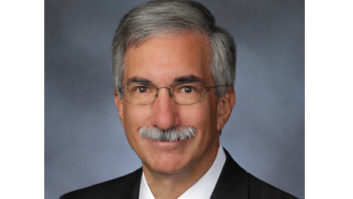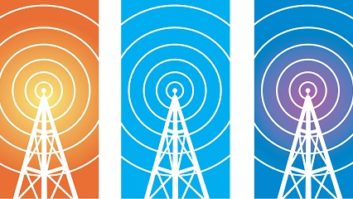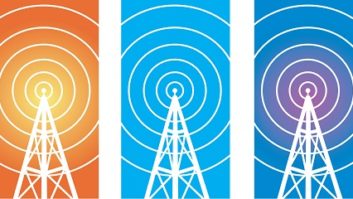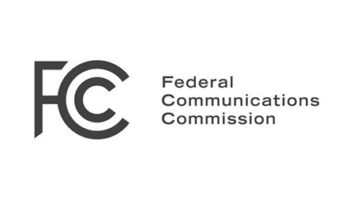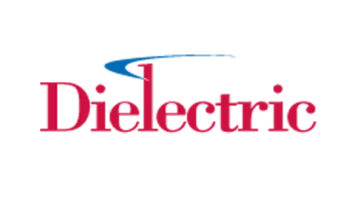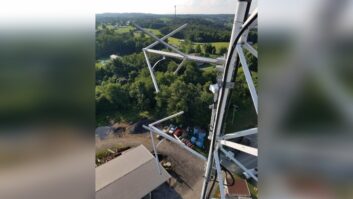The Settlement/Amendment Process for FM Translators
Jun 1, 2013 7:30 PM, By Lee Petro
On May 21, 2013, the FCC opened a two-month window for applicants with pending FM translators that are mutually exclusive with other FM translator applications to enter into settlement negotiations, or to submit minor-change technical amendments to their applications to eliminate conflicts with other applications. Since there are many moving parts to this window, the following is a brief summary of the major issues.
Identification
First, if you know that you have a pending FM translator application filed in the 2003 window, the first step will be to identify whether the FCC has placed the application into an MX Group. Attached to the FCC’s May 21 Public Notice was a list of all the MX groups, which identifies the conflicting applicants with whom you will have to reach an accommodation, or against whom you will have to compete in the auction. This list also serves to limit the pool of potential conflicting applicants as well. In particular, while the FCC will permit the submission of technical amendments, such amendments may not create new MX situations with applicants outside of the applicant’s current MX group.
Technical Amendments
As noted above, an applicant may submit a technical amendment in an attempt to extract itself from its respective MX group. The amendment must eliminate all technical conflicts with the MX groups, and must avoid creating new technical conflicts. In addition, any amendment that proposes a transmitter site within 39km of an Appendix A Market grid, or a site within a Top-50 Spectrum Limited market, must also provide a new preclusion showing. This showing demonstrates that the grant of the FM translator will not prevent the future licensing of low power FM stations.
Settlements
In addition to the option of filing a technical amendment to eliminate mutual exclusivity with other applicants in a particular MX group, two or more parties also can enter into a settlement agreement by which some applicants agree to dismiss their application in exchange for compensation. The FCC’s rules, however, limit the amount of compensation that a dismissing applicant may receive to an amount equal to the legitimate and prudent expenses associated with submitting and prosecuting the application, which may include legal and engineering expenses. As with the submission of technical amendments, while the settlement agreement may not include all of the parties to the MX group, the effect of the settlement agreement must be that at least one application in the MX group becomes a singleton, i.e., has no technical conflicts with the other members of the MX group.
FCC Filings
The deadline for filing a technical amendment or a settlement agreement is July 22, 2013. The technical amendment must be filed through the Commission’s CDBS filing system, and should indicate that the submission is an amendment to the pending short-form application. In addition to filing the settlement agreement, the parties to the agreement must also file a Joint Request for Approval of the Settlement Agreement, along with affidavits from the parties demonstrating that the agreement complies with the FCC’s rules. A copy of the filing should also be sent to the Bureau’s staff, so that the request can be reviewed and processed expeditiously.
Primary Station Notification
Finally, the FCC will permit amendments to modify the designation of the primary station that will be carried by the FM translator. The need for an amendment arises from the FCC’s prior filing window for noncommercial educational applications, whereby NCE applicants converted their filing statuses from noncommercial to commercial so to be able to participate in a future auction. Since the FCC’s rules confers upon the FM translator the same status of the primary station to be carried, an applicant that previously converted to commercial status still will face dismissal prior to the auction if its 2003 short-form application specifies a noncommercial station. So, the FCC will permit parties to change their primary station by July 22 to avoid dismissal under these circumstances.
The foregoing is a brief overview of the considerations that must be taken into account for applicants listed in the public notice. Since each applicant has unique circumstances, consultation with an engineer or communications attorney is important to ensure that all options are considered.
FCC Dateline

June 1: Stations in California commence running license renewal pre-filing announcements, continuing on June 16, July 1 and July 16.
June 3: Stations in Arizona, Idaho, Nevada, New Mexico, Utah, and Wyoming file License Renewal Application and EEO Program Report, and noncommercial radio stations file Ownership Report (323-E). Commence running license renewal post-filing announcements, continuing on June 16, July 1 and 16.
July 10: Stations place Issues/Programs Lists for 2Q2013 in public inspection file.
Petro is of counsel at Drinker Biddle & Reath, LLP. Email: [email protected].
June 2013
The 2013 Pick Hits, CKUA gets a new digital home, keep the copper safe, and Field Reports on the Rode iXY and iZoptope Insight….





